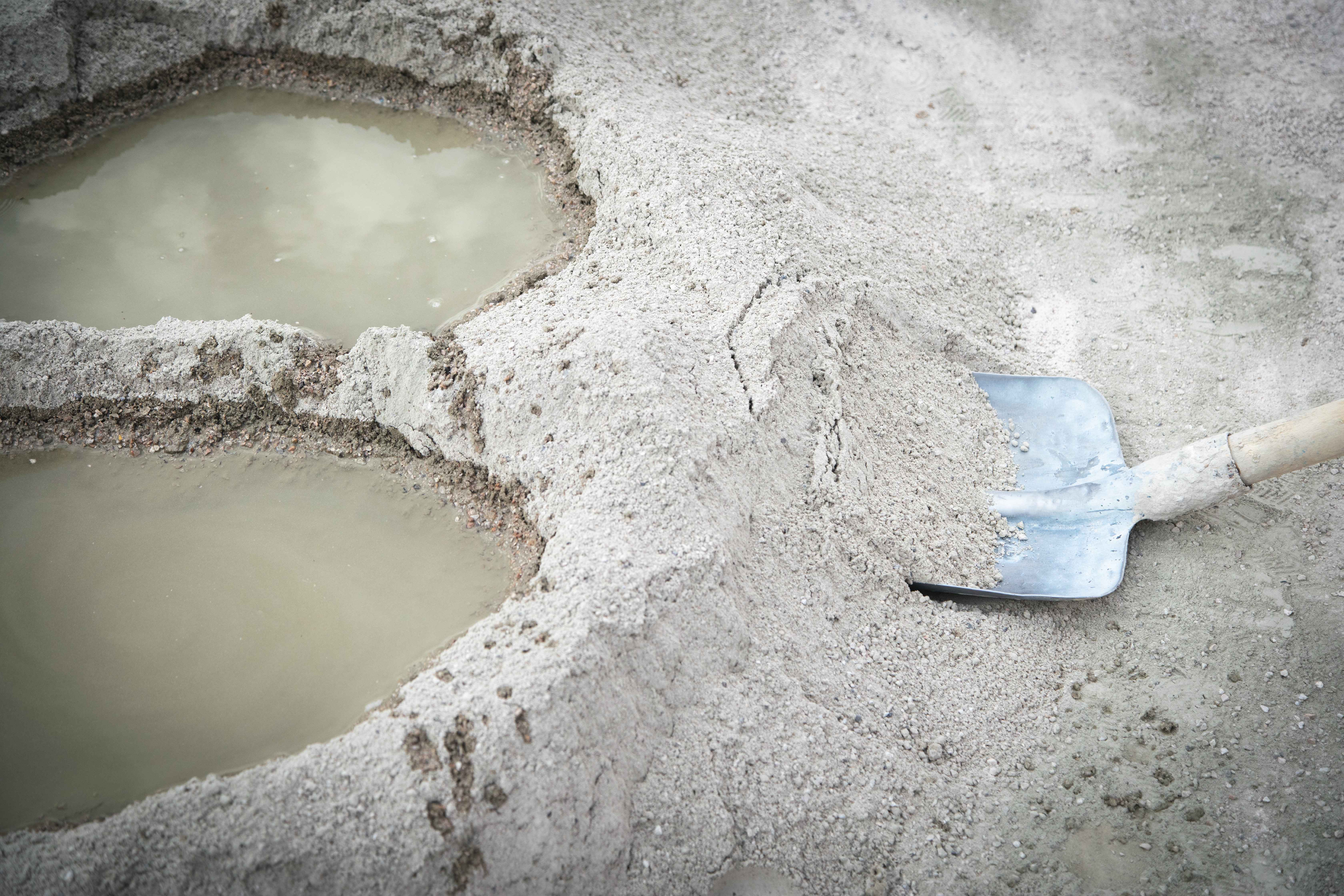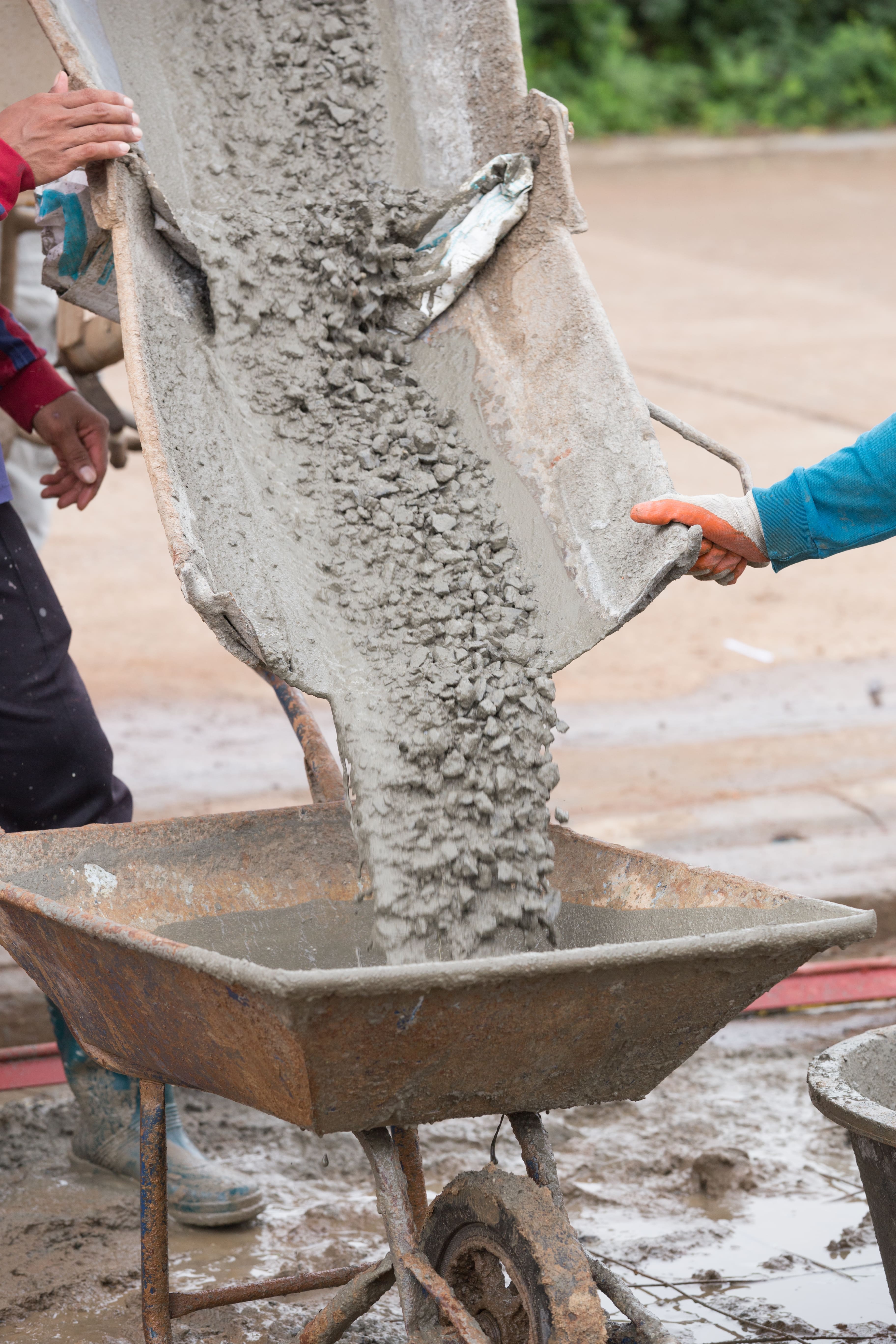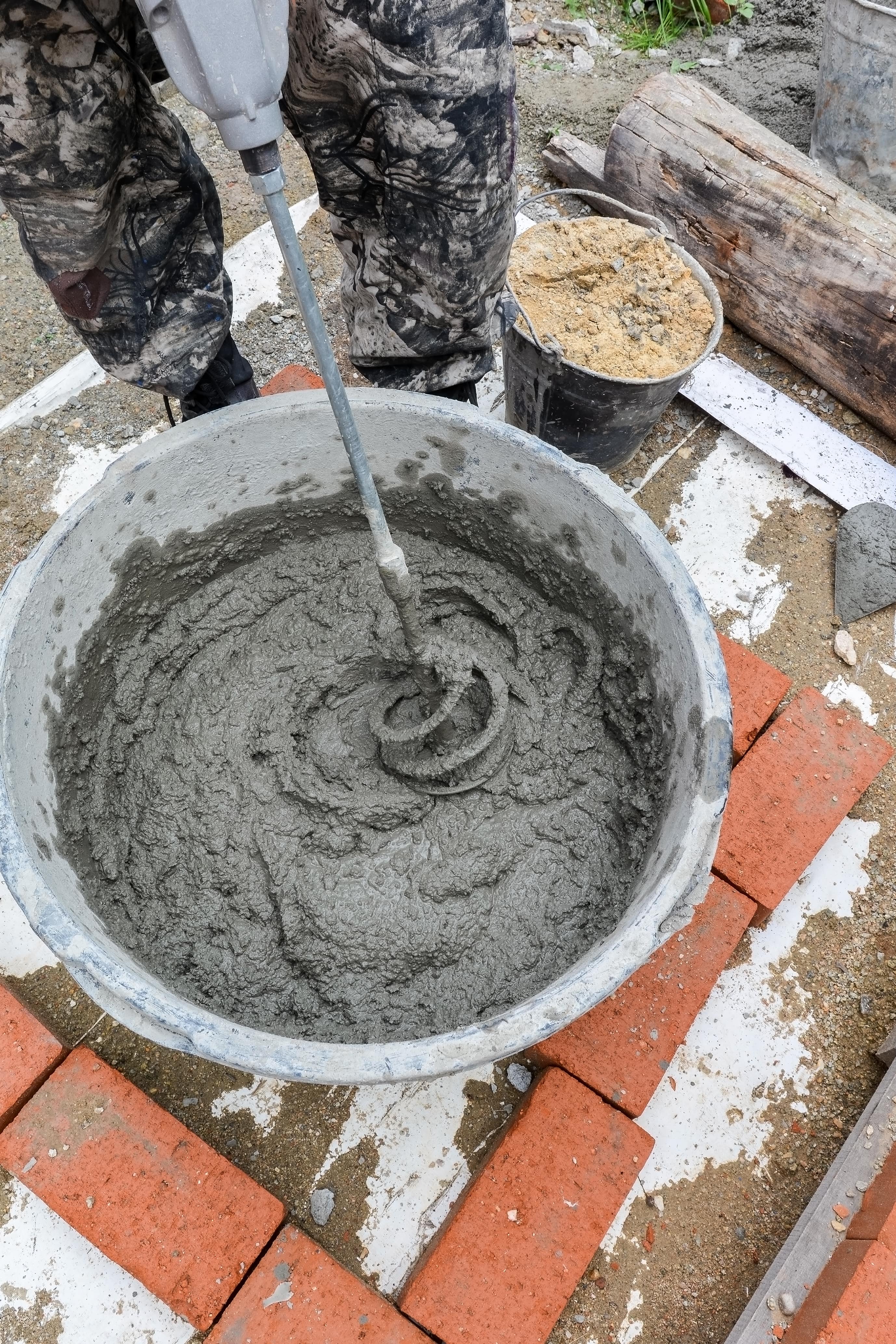Water cement ratio
Table of Content
How to calculate the water cement ratio?
How to calculate the water cement ratio to achieve the ideal concrete mix ratio? Well, this is a crucial question that’s asked by many as that determines the success and longevity of a project. One of the key factors influencing concrete quality is the water cement ratio, and in this day and age, how a concrete mixing calculator can help achieve the desired results. Here, we will explore the intricacies of how to calculate the water cement ratio in an effective manner, a fundamental skill for builders and developers aiming to create durable and robust structures.
Understanding the Water Cement Ratio
To calculate water cement ratio, a few factors must be borne in mind as it is a critical parameter that directly influences the strength and durability of concrete. It is defined as the ratio of the weight of water to the weight of cement used in the water cement ratio. This ratio is expressed as a decimal, and its significance lies in its impact on the properties of the hardened concrete.
The Ideal Water Cement Ratio
A balanced water cement ratio is essential for producing high-quality concrete. Too much water can lead to a weaker mix, increased porosity, and reduced durability. On the other hand, insufficient water may result in difficulty in placing and compacting the concrete mix, leading to a compromised finish. A concrete measuring calculator can help deal with that.
The American Concrete Institute (ACI) recommends a water cement ratio range of 0.45 to 0.60 for normal concrete. However, specific requirements may vary based on factors such as the type of cement, aggregate characteristics, and environmental conditions. These need to be added to the equation when it comes to how to calculate concrete water ratio.
Factors Affecting the Water Cement Ratio
Type of Cement
The water demand for different types of cement varies. For instance, Portland cement generally requires more water than blended cement. Understanding the characteristics of the chosen cement is crucial when calculating the water cement ratio.
Aggregate Properties
Aggregates play a vital role in the concrete mix. The size, shape, and gradation of aggregates impact the water demand. Well-graded aggregates with a combination of different sizes generally require less water compared to poorly graded ones.
Admixtures
The use of admixtures can significantly influence the water cement ratio. These chemical additives are designed to improve specific properties of concrete, and their impact on water demand should be considered in the calculation process of the water cement ratio and concrete mix ratio.
Environmental Conditions
Ambient temperature and humidity affect the rate of cement hydration. In hot and dry conditions, the water demand may increase, requiring adjustments to the water cement ratio. Similarly, cold weather may necessitate additional precautions while you calculate the water cement ratio.
Calculation Methods
Now, let's explore the step-by-step process of calculating the water cement ratio:
Determine the Target Compressive Strength.
Start by establishing the desired compressive strength of the concrete. This information is often provided by structural engineers and is crucial for selecting an appropriate water cement ratio.
Select the Type of Cement.
Different types of cement have varying water demand characteristics. Choose the type of cement based on project requirements and local standards, and calculate concrete water ratio on that basis.
Estimate the Water Content.
The water cement ratio (W/C) is calculated using the formula:
Weight of Water Weight of Cement
W/C= Weight of Cement/Weight of Water
For example, if you have 500 kg of cement and the water content is 200 litres, the water cement ratio would be:
200 kg/ 500 kg=0.4
W/C= 500kg/200kg =0.4
This result indicates that the mix has a water cement ratio of 0.4.
Concrete Mix Ratio
The concrete mix ratio is the proportion of various components in the concrete mix. While the water cement ratio is a crucial part of this, it is not the only factor. The mix ratio also includes the proportions of cement, aggregates, and sometimes admixtures. A commonly used mix ratio for general-purpose concrete is 1:2:3, representing one part cement, two parts fine aggregates (such as sand), and three parts coarse aggregates (such as gravel).
The water cement ratio fits into this mix ratio, and its calculation ensures that the overall mix achieves the desired strength and durability.
Concrete Measuring Calculator
To simplify the process of calculating concrete mixes, especially for larger projects, developers and builders can leverage concrete measuring calculators. These tools take into account various factors, including the water cement ratio, to provide accurate and efficient calculations.
Using such calculators ensures precision in determining the quantities of cement, aggregates, and water required for a specific project. It eliminates the margin of error associated with manual calculation concrete and helps in optimizing the use of materials, promoting cost-effectiveness.
The Importance of Precision in Calculation
Accurate calculation of the water cement ratio is paramount for several reasons:
Strength and Durability
A precise water cement ratio contributes to the development of optimal strength and durability in hardened concrete. Deviations from the recommended ratio can result in compromised structural integrity.
Workability
The water cement ratio affects the workability of the concrete mix. A good ratio ensures that the mix is easy to work with, place, and finish. This is particularly important for construction projects where the concrete needs to be shaped and molded.
Cost Efficiency
Efficient use of materials is crucial for cost-effective construction. By calculating the water cement ratio accurately by using a concrete mix calculator, builders can minimize waste and ensure that the right number of materials is used, preventing unnecessary expenses.
Environmental Impact
Optimal water cement ratio calculation contributes to sustainability in construction. By using the right amount of materials, builders can reduce the environmental impact associated with excess waste and energy consumption.
Best Practices for Water Cement Ratio Calculation
Regular Testing and Adjustment
Conduct regular tests on concrete mixes to ensure that the water cement ratio is within the recommended range. Adjustments may be necessary based on testing results and project-specific requirements.
Adherence to Standards
Follow industry standards and guidelines, such as those provided by the American Concrete Institute (ACI) and ASTM International, to ensure that the calculated water cement ratio meets established criteria for quality and performance.
Temperature Considerations
Be mindful of ambient temperatures during the concrete mixing and curing process. Extreme temperatures can impact the water demand, requiring adjustments to the water cement ratio.
Environmental Impact
Optimal water cement ratio calculation contributes to sustainability in construction. By using the right amount of materials, builders can reduce the environmental impact associated with excess waste and energy consumption.
Consultation with Experts
In complex projects or unique conditions, consult with structural engineers or concrete experts. Their expertise can provide valuable insights into the specific requirements for achieving the desired concrete properties.
Conclusion
Mastering the art of calculating the water cement ratio is essential for builders and developers committed to delivering high-quality, durable structures. By understanding the factors influencing the ratio, following precise calculation methods, and incorporating best practices, construction professionals can optimize their concrete mixes for strength, workability, and cost efficiency.
Utilizing concrete measuring calculators enhances accuracy in material estimation, promoting efficient resource utilization. As the construction industry continues to evolve, the emphasis on precise water cement ratio calculation remains a cornerstone for achieving excellence in concrete construction.
Remember, the foundation of every great structure lies in the meticulous planning and execution of the concrete mix, and the water cement ratio is the key to unlocking its full potential. Learn about exact water cement ratios from the experts. Get in touch with us through our social media accounts now!




